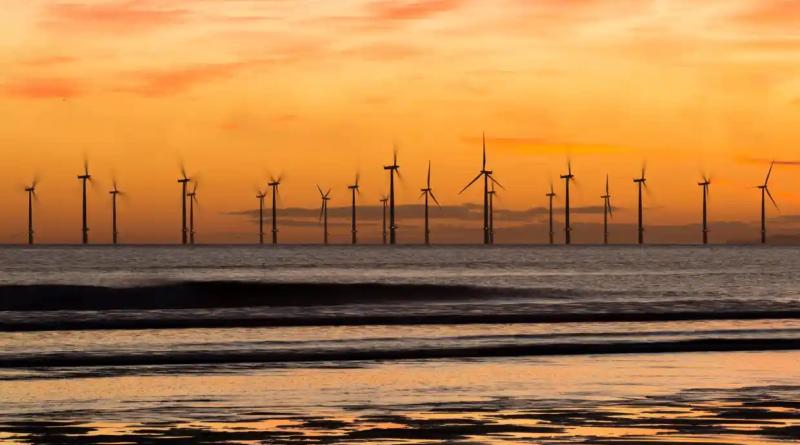Most Conservative MPs support net zero, says Tory environment group

Body representing MPs and peers insists vast majority support climate plans despite vocal backbenchers
The “vast majority” of Conservative MPs support the government’s net zero climate plans despite increasingly vocal opposition from a small number of backbenchers, according to a Tory environment group.
On Tuesday the Net Zero Scrutiny Group (NZSG) of 19 Conservatives was accused of attempting to derail the government’s green agenda, linking it to the cost-of-living crisis and calling for cuts to green taxes and an increase in fossil fuel production.
But the Conservative Environment Network (CEN), which represents 123 MPs and 15 Tory peers, insisted the party’s rank and file remained committed to the government’s climate agenda.
“The vast majority of Conservative MPs support net zero,” said Jack Richardson, from CEN. “They voted to enshrine the UK’s net zero by 2050 target in law and stood on a manifesto to deliver on that pledge.”
The NZSG has gained widespread media coverage in the past month, arguing the government’s plans to reach net zero emissions by 2050 have been dreamed up by out-of-touch elites and would impoverish working people, “making them colder and poorer”.
Two leading members of the NZSG have links to an organisation often described as “climate-sceptic”. The group’s chair has also been accused by a leading climate institute of using misleading and inaccurate information.
More than half of its members were involved in the European Research Group (ERG), which successfully pushed for the Brexit referendum inside the Tory party. This has led to fears of a similar “culture war” campaign around net zero and the end of the cross-party consensus on the need for climate action.
The 19 Conservatives in the NZSG group say they do not dispute climate science or the need to decarbonise.
Richardson said the overwhelming majority of Tory politicians understood the necessity – and potential benefits – offered by a rapid reduction in emissions.
“Net zero is not only about staving off the worst consequences of climate change but delivering new high-paid, skilled jobs across the UK through a new green industrial revolution.
“We need to do it fairly, let the market lead, and ensure taxpayers get value for their money, but the economic reward will be substantial if we get it right.”
A spokesperson for No 10 said the government remained “fully committed to reaching net zero by 2050”.
“By reducing our reliance on fossil fuels, we will eradicate our exposure to the volatile global energy prices, which are currently hiking up household energy bills,” they added.
Separately, the business secretary, Kwasi Kwarteng, set out new plans to accelerate the rollout of renewable energy projects by holding auctions for support contracts every year from 2023.
The annual auctions will offer renewable energy developers more opportunities to develop their projects, and help make the UK “less reliant on volatile fossil fuels and [create] more homegrown power”, Kwarteng said.
Dr Simon Cran-McGreehin, head of analysis at the Energy and Climate Intelligence Unit, said: “More frequent, annual auctions under the net zero target will provide a steady stream of opportunity to British renewables projects supporting jobs in levelling up areas.”
Most experts argue the government’s current climate plans are inadequate and failing – pointing to proposals for an increase in coal mining, a new oilfield in the North Sea and a massive expansion of the roads network.
Greenpeace’s head of politics, Rebecca Newsom, said the government should ignore the “small minority of misinformed” backbenchers.
“The vast majority of the country, young and old, Labour and Conservative, gets that the climate crisis is an existential threat and supports the idea of acting fast if we want to avoid the worst … Any government that’s committed to protecting people from extreme weather, creating jobs and a thriving economy should have no time for this nonsense.”
cover photo: A beach near Hartlepool with Teesside Offshore Windfarm in distance. Photograph: Islandstock/Alamy





